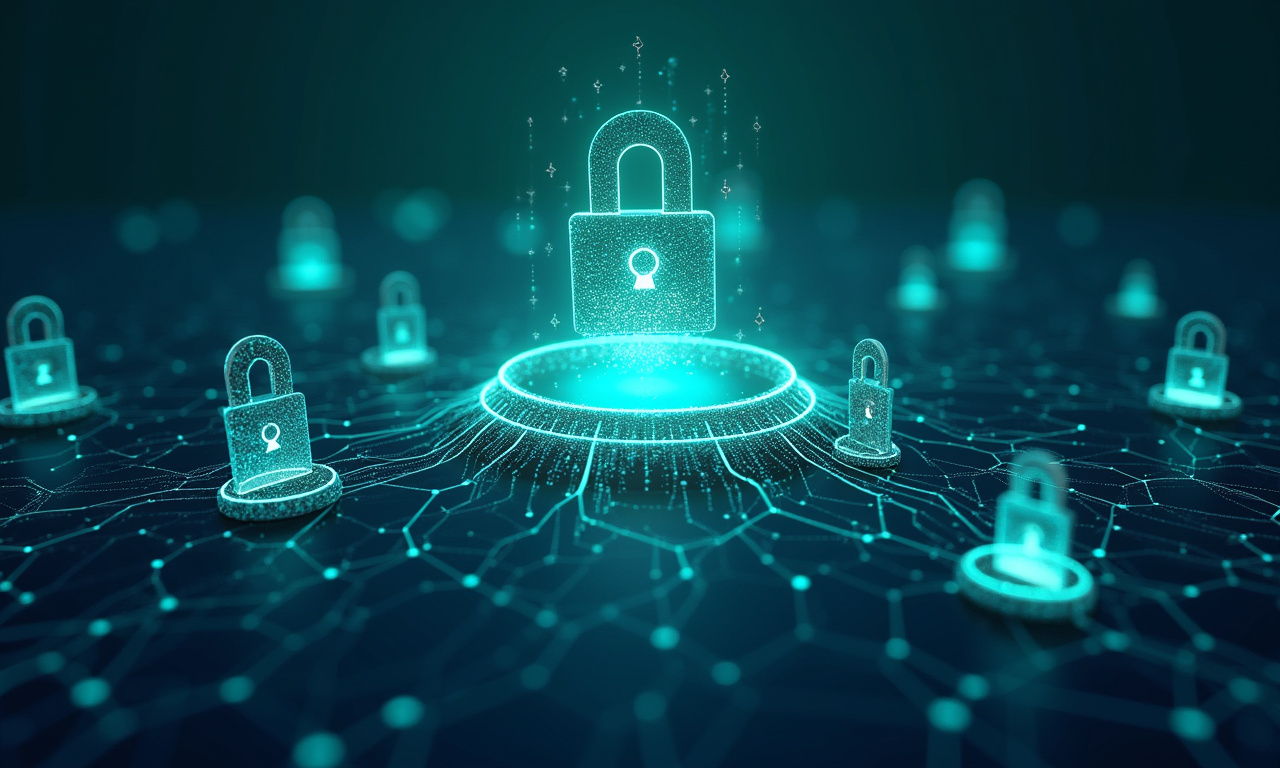We just don’t realize that every single day, we continue to hand over more and more pieces of ourselves to the internet. Think about it: your online banking, your social media profiles, your shopping habits, everything. It's a digital shadow hanging over you, managed by corporations you barely know, and frankly, it's terrifying. We’re sold convenience, but what we pay is our privacy, our control and at the end of the day, our identity.
Our current system is a recipe for catastrophe – and it occurs every day.
Data Breaches Are the New Normal
Remember Equifax? Marriott? Target? The roster of companies experiencing these catastrophic data breaches sounds like a Fortune 500 phone book. Your PII, including SSNs, credit card info and home addresses, is currently circulating on the dark web. It’s wide open, ready for anybody to take advantage of. After all, it’s not a question of whether your data will be hacked, it’s a question of when. This isn’t merely a frustrating hurdle—it’s a direct risk to your wallet and personal security.
We've become numb to the headlines. Another breach? Yawn. That apathy is exactly what permits these vulnerabilities to be ignored. We’re sleepwalking into a digital dystopia where our identities are commodities—extracted, traded and exploited without our knowledge or consent.
It's not just the big breaches. It's the constant drip-drip-drip of data collection. Each website you visit, each app you download tells them a little bit more about you. Every click you create helps fill in that puzzle, though it’s the puzzle that someone else is putting together.
Own Your Data, Own Yourself
Blockchain offers a radical alternative: self-sovereign identity (SSI). Now imagine a world where you are the sole arbiter of your digital identity. Plus, you can keep it safely on your device and share it only with those you want, when you want. No longer will we need to depend on centralized databases, which are often targets of hackers seeking personal information. Out with the old, blind faith that corporations will magically safeguard your personal information.
Think of it like this: right now, your identity is like a bunch of puzzle pieces scattered across the internet, each piece held by a different company. With blockchain, you can get all of that data and form a holistic view. Next, it encrypts that image and stores it in a vault, accessible only by you.
This isn’t only or even primarily about security, it’s about empowerment. It’s time to retake control of your digital identity. It's about saying, "This is my data, and I decide who gets to see it."
Developed using a decentralized blockchain infrastructure, this platform prioritizes identity authentication and verification. It allows you to do KYC (Know Your Customer) checks a single time, allowing you to reuse that verification across dozens of dApps (decentralized applications). No more endless form-filling and document uploading. A very different thing – Just safe, sadmically attestable, verifiable proof of who you are, under your complete control.
Blockchain: More Than Just Crypto
We all know blockchain as the technology behind cryptocurrencies, sure, but the real promise of blockchain goes way beyond Bitcoin and Ethereum. Think about it as another foundational technology, like the internet. Whether it’s in finance, healthcare, or supply chain management, its potential to revolutionize entire industries is just beginning. The core benefit? Trust without intermediaries.
- Healthcare: Imagine your medical records securely stored on a blockchain, accessible only to you and the doctors you authorize. No more worrying about data breaches or conflicting information between different healthcare providers.
- Supply Chain: Track the journey of your food from farm to table, ensuring its origin and quality. No more mystery meat or questionable ingredients.
- Voting: Secure and transparent elections, resistant to fraud and manipulation. Imagine the possibilities for strengthening democracy.
The key is decentralization. At the same time, in a Web2 world, one point of failure can take an entire network down. With blockchain, that data is stored on a distributed network, making it much more resistant to attack and outages. It’s as if you had a thousand copies of your passport, with each one stored in a separate bank vault.
This decentralization extends to control. In many cases, no single person or organization has the ability to manage or govern the blockchain. It’s a commons, a collaborative infrastructure, governed by mutual agreement. That’s what makes it so much more democratic and censorship resistant.
Let's not forget the Metaverse. As virtual worlds inevitably become a bigger part of our time, our digital avatars grow in significance. Blockchain-based identity solutions will be important to the secure Metaverse we’re all hoping for. They empower us by making it easy to move across platforms and experiences without losing privacy and control.
Instead, we need to demand increased transparency and accountability from the corporations that collect and exploit our data for their own purposes. Therefore, we need to invest in the early development of blockchain-based identity solutions that return power and control back to us. To get there, we need to understand the peril of where we’ve come from and the promise of where we can go.
The future of our digital identity is not yet written. It's up to us to shape it. Let’s work toward a future where our digital identities are as secure, private, and in our control as our physical identities, not in the hands of big tech. So, let’s put the blockchain to work to help us take back our digital lives.
The future of digital identity is not predetermined. It's up to us to shape it. Let's build a future where our digital identities are secure, private, and controlled by us, not by corporations. Let's embrace the power of blockchain to reclaim our digital selves.




